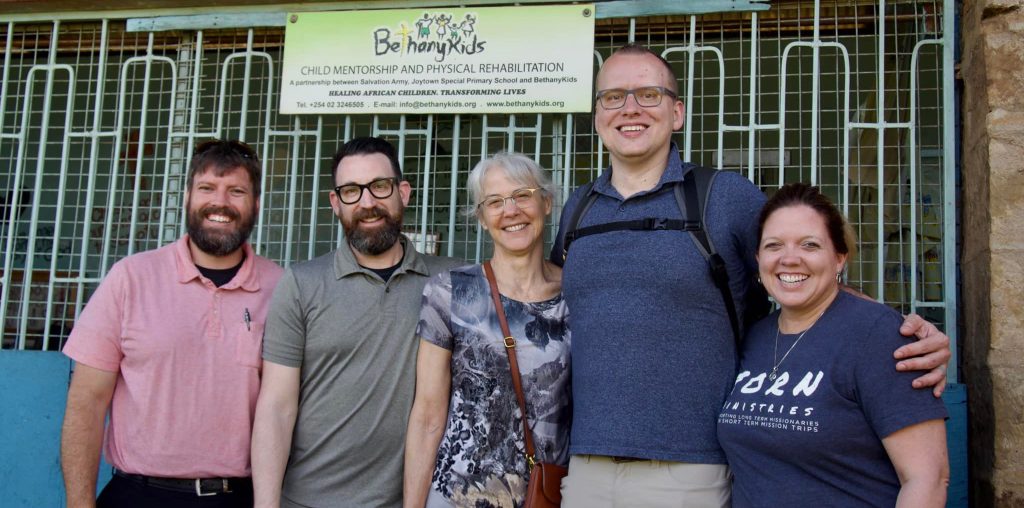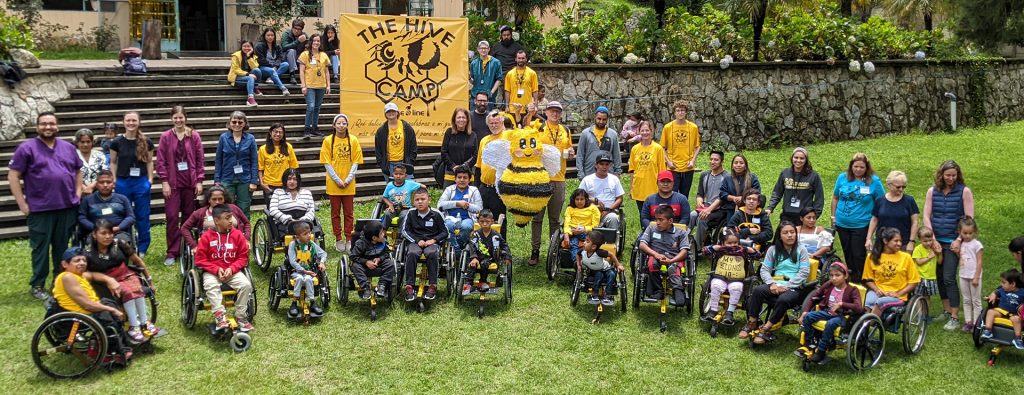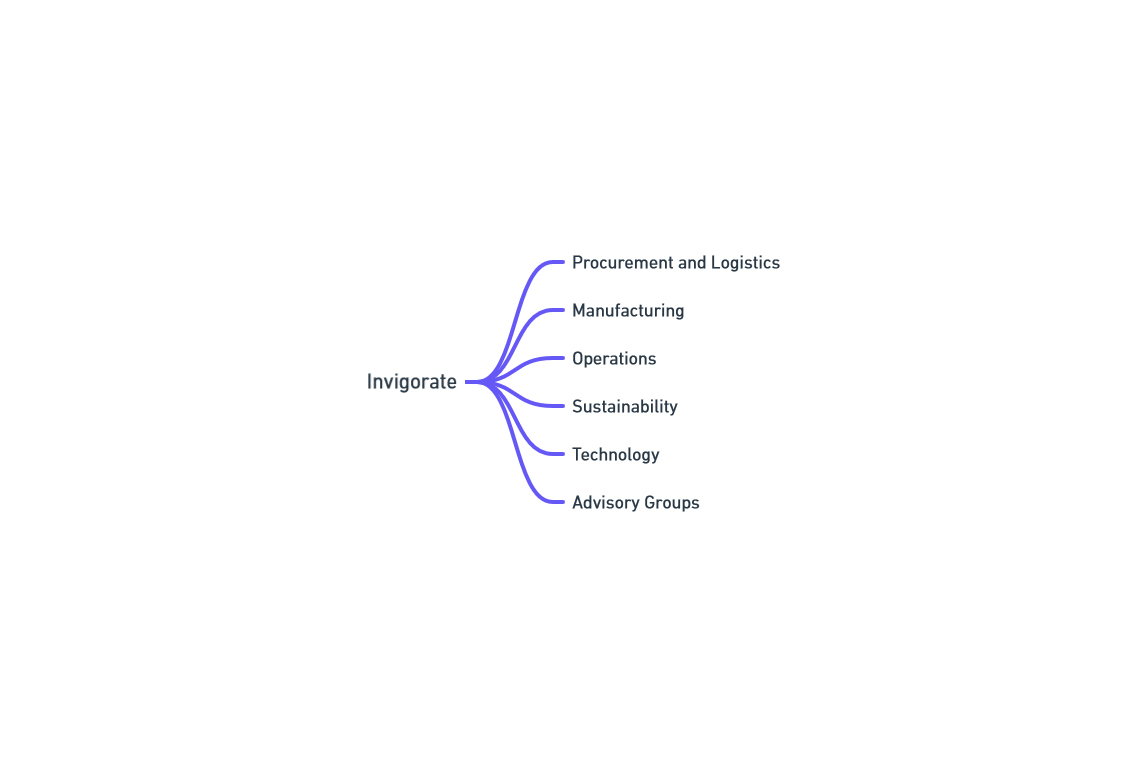Catalyst Team

The World Health Organization declared disability the fastest growing global health need. Globally an estimated 80 million people need a wheelchair. However, the majority don’t have access to one or their chairs are not suitable for long-term use. There is an urgent global need for intermediate pediatric chairs that can be appropriately provisioned for children with cerebral palsy, the most common childhood disability.
At LeTourneau University, Karen Rispin led the Wheels Research Project that developed and validated a set of research tools to determine how well wheelchairs work in low-resource settings. Karen then recruited a group of Christian professionals to help develop solutions to challenges identified during ongoing wheelchair research projects. The group is now called the Catalyst Team and is composed of volunteer researchers, doctors, occupational therapists, physical therapists, nurses, prosthetists, pastors, biomedical engineers, and business operators. Our goal is to support and equip mission hospitals to provide optimal whole-person care for those with disabilities, with a special focus on wheelchair users. This will include reliable access to training, resources, and locally appropriate assistive technology devices. The Catalyst team will seek to collaborate with existing local and international initiatives. This is underway with several networks.
We have chosen to work primarily with mission hospitals because they are already operating high-quality clinics that provide much of the medical care in their areas. They also have large stable referral bases; many of them serve over a million people. Most mission hospitals are locally owned and run with strong community health initiatives and a long history of working with local governments. Most have no reliable wheelchair or assistive technology supply and no supply of pediatric wheelchairs. These hospitals are not one organization, but they have a unity of purpose, collaborate in training programs, and understand the value of rehabilitation and assistive technology, yet are unable to meet the need.
TRAINING
The Catalyst team has identified several training programs that will be integral to providing whole-person care. Individuals with disabilities and their families are often told that they have done something shameful to deserve a disability. Caregiver training programs will teach the nature of disability, promote care-giving skills, and encourage parent support groups. In many countries local churches are key to community life; spiritual training will help to reshape views and increase community engagement for people with disabilities. Training for rehabilitation staff and technicians will facilitate appropriate therapy and follow up care. Our goal is that hospitals will excel in whole person care and in following the World Health Organization’s eight steps for appropriate wheelchair provisioning.
RESOURCES
The Catalyst team will provide access to standards, training resources, research tools and outcomes, and networking opportunities between hospitals and other organizations active in this field. This network will drive innovation, evidence-based practice, collaboration, and community.
ASSISTIVE TECHNOLOGY DEVICES
The Catalyst team has provided seminars and training to teams in Kenya and enabled shipments of wheelchairs. However, in many countries, our goal will be for wheelchairs to be made locally to reduce cost, establish consistent availability, increase serviceability, and to meet the demand more effectively. Invigorate Inc., a registered non-profit, was started with the purpose of providing an operating entity to build manufacturing facilities in strategic countries to make wheelchairs and other assistive technology devices in-country. Invigorate will provide governance, enforce manufacturing standards, simplify procurement and logistics, and shipping to mission hospitals for provisioning. As a first step, Invigorate is in the process of partnering with BeeLine and BethanyKids to make pediatric supportive chairs in Kenya. Conversations are also underway with CEML hospital in Angola and Soddo Hospital in Ethiopia.
SUSTAINABILITY
Sustainability in medical care, rehabilitation, and community integration is possible through mission hospitals. Invigorate will focus on generating commercial and other revenues to make the wheelchairs sustainably affordable.





Responses